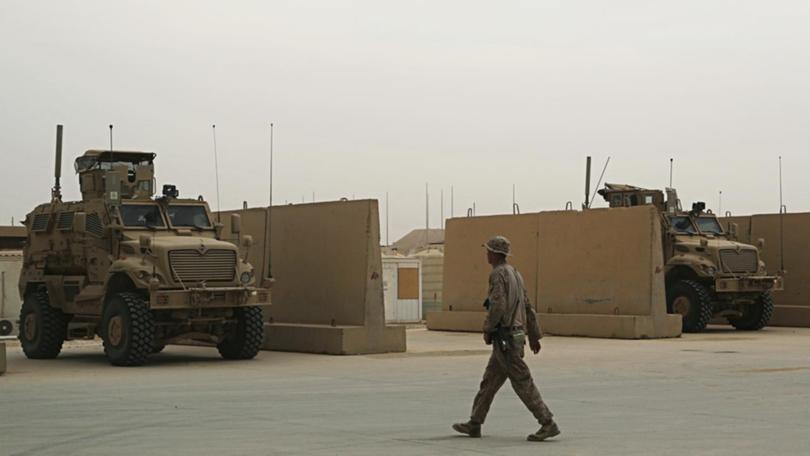Recent Drone Attacks in Iraq: A Deep Dive
Introduction: Drone Attacks in Iraq
In a recent escalation of geopolitical tensions, the U.S. military successfully thwarted a potentially devastating attack on its forces in Iraq. This incident, occurring on October 18, marked the first attempt in over a year to target U.S. forces in the region. In this detailed exploration, we delve into the intricate details surrounding these drone attacks, shedding light on the actors involved, the broader context of heightened regional tensions, and the potential ramifications on a global scale.
The Foiled Attacks
Al-Asad Air Base Incident
The attempted attack on the al-Asad air base involved the interception of two drones by U.S. military forces. The identity of the assailants remains undisclosed, adding an air of mystery to the unfolding events. The thwarting of this assault underscores the ever-present threat faced by U.S. troops stationed in Iraq.
Al-Harir Air Base Incident
Shortly thereafter, another drone attack was foiled at the al-Harir air base in Erbil, housing U.S. forces. This time, a group named Tashkil al-Waritheen claimed responsibility for the thwarted assault. The emergence of such lesser-known groups adds complexity to the already intricate geopolitical landscape.
Rising Tensions in the Region
Iran-Backed Groups and U.S. Alertness
The backdrop of these events is set against the backdrop of heightened tensions in the region due to the Israel-Hamas war. With Washington on high alert for activities by Iran-backed groups, the situation becomes a geopolitical powder keg. The Pentagon’s swift deployment of air defenses to Israel further underscores the gravity of the situation.
Threats in Response to Israel’s War
In a chilling development, Iraqi armed groups aligned with Iran issued threats to target U.S. interests using missiles and drones if the U.S. intervened to support Israel in its conflict with Hamas. This geopolitical chess game adds layers of complexity to an already volatile situation.

International Ramifications
Biden’s Dilemma
The attempted drone attacks coincided with U.S. President Joe Biden’s visit to Israel, where he aimed to signal support for Israel’s war against Hamas. The stakes were raised by an explosion at a Gaza hospital, leading to a complex web of accusations and denials between Palestinian officials and Israel.
Accusations and Denials
Amid the chaos, accusations flew regarding the Gaza hospital explosion. While Palestinian officials blamed Israel, Israel denied responsibility, attributing the blast to a failed rocket launch by the Palestinian Islamic Jihad group. This exchange further heightened tensions in an already volatile region.
Regional Responses
Iraqi Leaders’ Condemnations
In Iraq, leaders and armed factions condemned the attack on the hospital, with some pointing fingers at Israel and others condemning the U.S. for its support of Israel. Kataib Hezbollah, a powerful faction with ties to Iran, accused the U.S. of supporting Israel in what they termed “killing innocent people.”
Calls for U.S. Withdrawal
Prominent Iraqi politician Hadi Al-Amiri, along with Kataib Hezbollah, called for the expulsion of U.S. forces from the country. This stern warning underscores the anti-U.S. sentiment fueled by perceptions of support for Israel’s actions.
Conclusion
In the aftermath of thwarted drone attacks and escalating tensions, the geopolitical landscape in the Middle East stands at a critical juncture. The intricate web of accusations, denials, and geopolitical chess moves underscores the fragility of the situation. As global citizens, staying informed about these developments becomes crucial, given their potential impact on international relations.